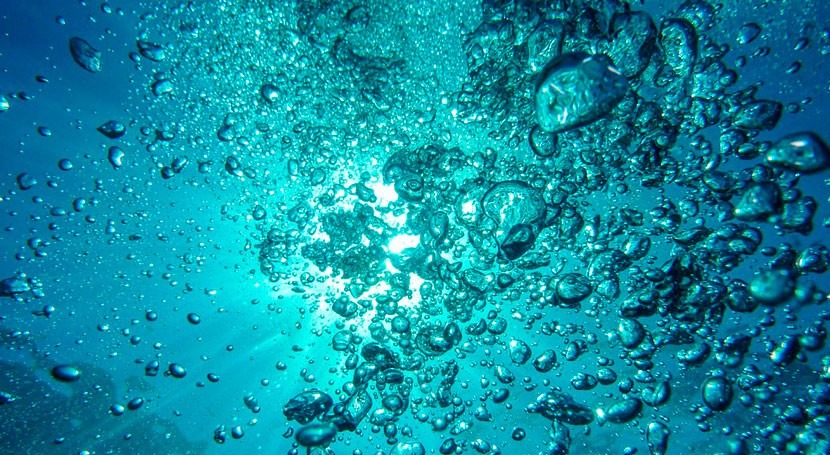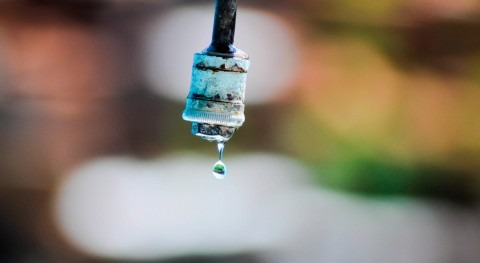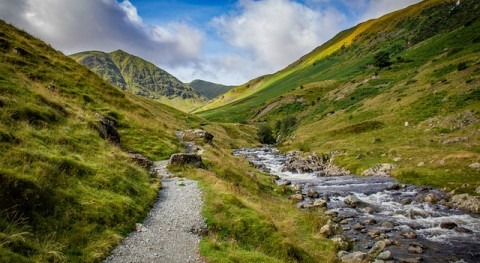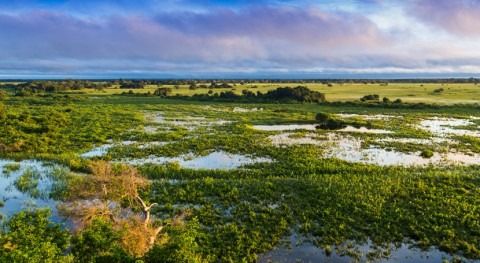What are the different types of water?

Water is an essential natural resource for life. It is at the core of sustainable development and is crucial for socio-economic development, energy and food production, healthy ecosystems, and human survival.
There are different types of water based on their chemical, physical and biological characteristics. The main types of water are:
1 . Potable water
Potable water or drinking water is water fit for human consumption, which has undergone appropriate treatment and can be consumed without any risks. It is clean, transparent, has no unpleasant odour or taste and is free of any contaminants.
2 . Fresh water
Fresh water is found naturally on the Earth's surface as ice, as water in wetlands, ponds, lakes, rivers and streams, and as groundwater in aquifers. It usually has a low concentration of dissolved salts and solids.
3 . Salt water
It is also called seawater, found in the Earth's oceans and seas. It has a concentration of dissolved salts of about 3.5%.
4 . Brackish water
The salinity of brackish water is somewhere between that of fresh water and seawater. The salinity of brackish water is not accurately defined; it can range between 0.5 to 30 grams of salt per litre.
5 . Hard water
Hard water has a high mineral content, particularly magnesium and calcium salts. It is also known as calcareous water.
6 . Soft water
Soft water contains very small amounts of dissolved salts. It may be defined as water with less than 50 mg per litre of calcium carbonate.
7 . Distilled water
Distilled water is composed of H2O molecules, having been purified or cleaned through distillation.
8 . Wastewater
Wastewater is any type of water whose quality has been negatively affected by human activity. According to the FAO, the water has no immediate value for the purpose it was used or produced because of its quality, quantity, or the moment at which it is available.
9 . Black water
Within the different kinds of used water, black waters are those that have been polluted with faeces or urine .
10 . Grey water
Grey water is domestic wastewater. It has less nitrogen and phosphorous than black water, and contains organic and inorganic material, and microorganisms. Grey water owes its name to its murky appearance and because it is somewhere between potable freshwater and wastewater.
11 . Raw water
Raw water is water that has not undergone any treatment. It is found in natural sources and reserves, in surface and groundwater bodies.





